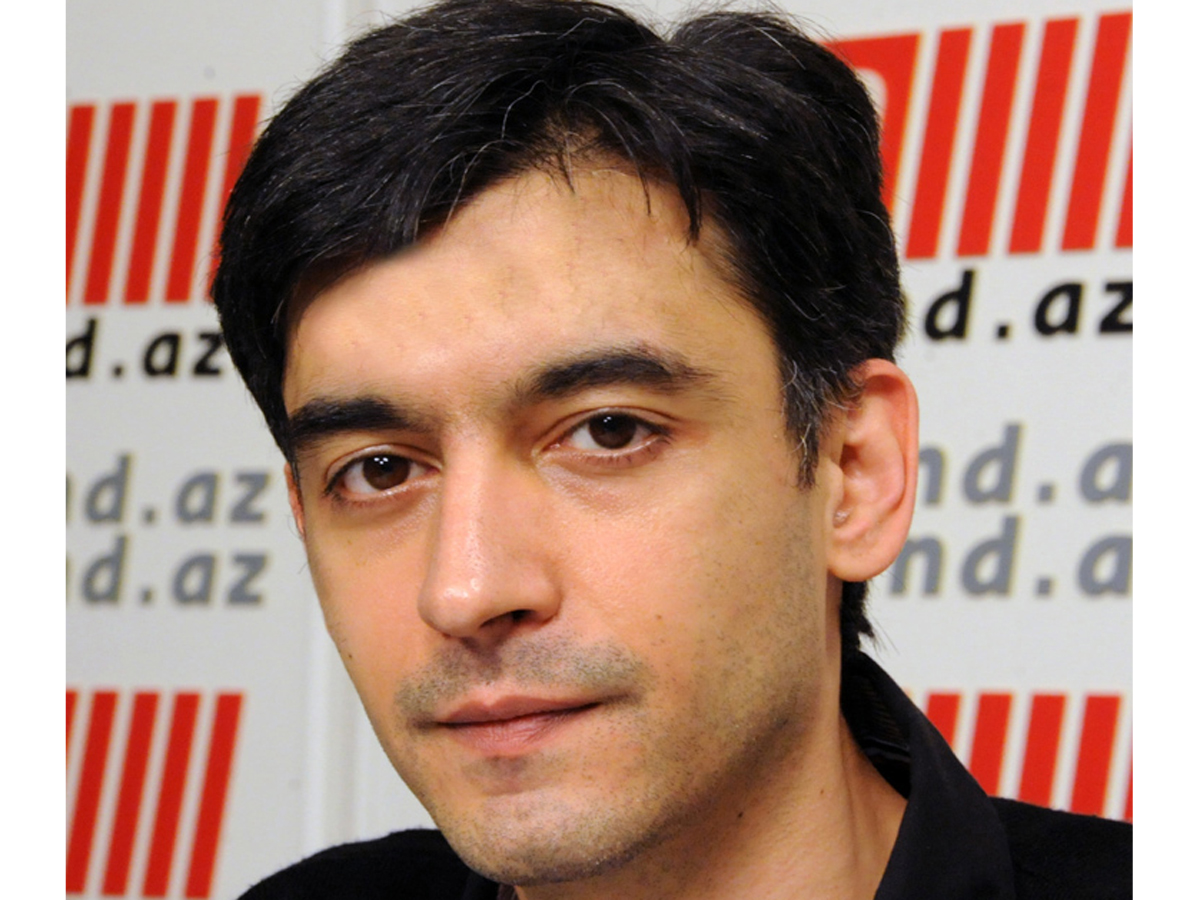Baku, Azerbaijan, March 16
By Umid Niayesh - Trend:
Last week Ali Younesi, who serves as President Hassan Rouhani's special aide for the affairs of ethnic groups and religious minorities, made statements praising ancient Iran and its widespread empires.
The former intelligence minister also talked about the "great Iran" including countries within Iran's plateau from China's borders to the Gulf, a significant sign that Iranian nationalism is still popular in the Islamic Republic three decades after the 1979 Islamic Revolution - the revolution which overthrew the shah and installed a system based on Islamic rules.
He claimed that people now living in neighboring countries are also Iranian because their countries were separated from the "great Iran's" east and west.
The president's senior advisor also claimed that "Iraq is not only within the area of Iran's civilization, it is also Iran's identity, culture and capital and this is true now, as in the past."
"Protecting our national security and historical identity would not be possible if we don't define our influence area in the region," Younesi said.
Younesi's statements, which clearly contradict the country's Islamic-based ongoing foreign policy, raised serious concerns among region's Arab countries, as well as Iranian conservatives and the country's ethnic minorities.
His words sparked serious criticism from the Arab-language media, which are concerned about Iran's increasing influence in the region. Iraq's foreign minister also protested the issue, according to Iranian media outlets.
At least 104 Iranian MPs have signed a letter asking President Rouhani to dismiss his senior aide. They said Younesi's statements correspond to Iranophobia and Islamophobia, which are promoted by the Islamic Republic's enemies. Younesi himself, who was surprised by the widespread protest, said that his words were misunderstood.
"I didn't mean that we should remove our borders, but that all the countries on the Iranian plateau should become close because our interests and safety are intertwined," he said.
Parliament speaker, Ali Larijani in an interview to a Kuwaiti TV tried to correct the "misunderstanding," assuring that no one in Iran wants to revive ancient empires.
Iran is practically spreading its influence in the region not under the empire name but under the thesis of supporting Islamic awakening.
Senior political and military officials in the Islamic Republic have also confirmed that the country's influence is spreading around the region.
Earlier, a senior commander of the Islamic Revolution Guards Corps (IRGC), Brigadier General Hossein Hamedani said that Iran has extended its influence to Iraq and Palestine, adding "today we have taken our borders to Samara and Baghdad, as well as Palestine."
In similar statements Iran's former foreign minister, Ali Akbar Velayati, who is a senior advisor to Iran's Supreme Leader Ayatollah Ali Khamenei, said in mid-December that the Islamic Republic's current influence spreads from Yemen to Lebanon.
Iranian conservatives are concerned that nationalist statements such as Younesi's words would harm the ongoing policy of the Islamic Republic and its influence in particular in the Shiite countries in the region. Especially in the sensitive period that Iran has the upper hand in the proxy war with Saudi Arabia in Yemen and Iraq.
The veteran intelligence minister also knows that it is wrong time for Iran's nationalism.
Younesi's statements should be considered as a message for domestic audiences - the growing dissatisfied nationalist elite who voted for Rouhani in the last presidential election - in order to justify the country's foreign policy in Palestine, Iraq, Syria and Yemen.
Therefore, the words spoken by him shouldn't be seen as a sign of change in the Islamic Republic's foreign policy, but the Iranian officials can be expected to continue to sound similar statements in the future.
Umid Niayesh is Trend Agency's staff journalist, follow him on Twitter: @UmidNiayesh






